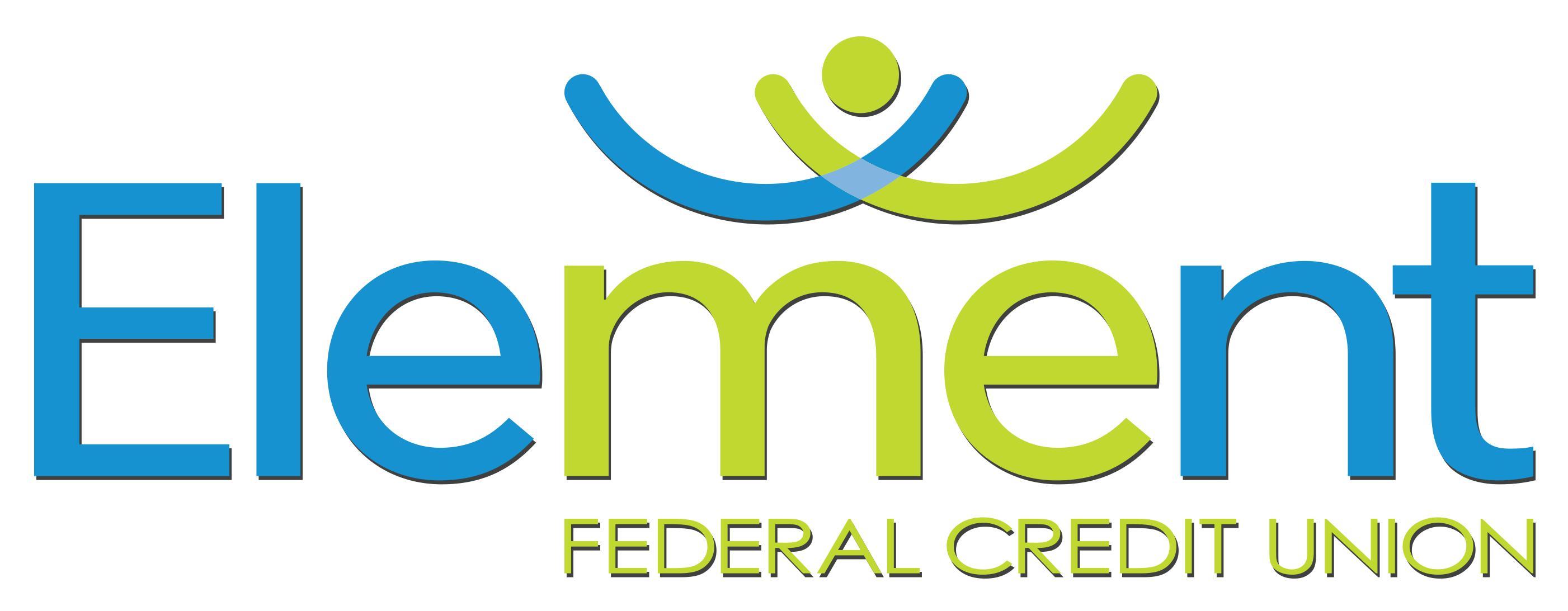If you’re planning to leave your job during the so-called Great Resignation, it’s important to make sure your finances are in order first. That’s why we’ve outlined some important steps you can take before making the switch.
Review your savings
When you’re thinking of leaving your job, don’t quit until you have enough savings to live comfortably for at least a couple of months. Ideally, you should have an emergency fund with 3-6 months’ worth of living expenses to help you survive periods of unemployment.
When you’re thinking of leaving your job, don’t quit until you have enough savings to live comfortably for at least a couple of months. Ideally, you should have an emergency fund with 3-6 months’ worth of living expenses to help you survive periods of unemployment.
Check your benefits
Here are some employee benefits options to consider:
- Health insurance. Many employers will start covering new employees on their first day or sometime soon after. Some companies have a waiting period of up to 90 days before they begin coverage. If you’ll have a gap in coverage, try negotiating early coverage with your new employer.
- Pension. If you have a pension plan from your previous employer, you may be able to keep the benefits or receive payouts when you leave. This depends on whether or not your contributions are vested and any other rules of the pension plan.
- 401(k). If you had a 401(k) from your previous job, you’ll need to decide what to do with the funds. You can keep the account as it is without making any additional contributions, roll over the funds to a new 401(k), roll them over into an IRA or cash them out.
Think about your risk tolerance
Many jobs will present you with the chance to make more money in the future, though your initial earnings may be lower. Are you willing to take a risk with a new job that doesn’t guarantee as much financial security?
Many jobs will present you with the chance to make more money in the future, though your initial earnings may be lower. Are you willing to take a risk with a new job that doesn’t guarantee as much financial security?
Adjust your budget
If you’re taking a new job or getting a raise, adjust your budget accordingly. Maybe increase the amount you save or look into some additional ways to earn some extra money in the interim. On the flip side, if you’re taking a pay cut or losing your job, look for ways to trim your budget so that your paycheck can cover all of your expenses.
If you’re taking a new job or getting a raise, adjust your budget accordingly. Maybe increase the amount you save or look into some additional ways to earn some extra money in the interim. On the flip side, if you’re taking a pay cut or losing your job, look for ways to trim your budget so that your paycheck can cover all of your expenses.

